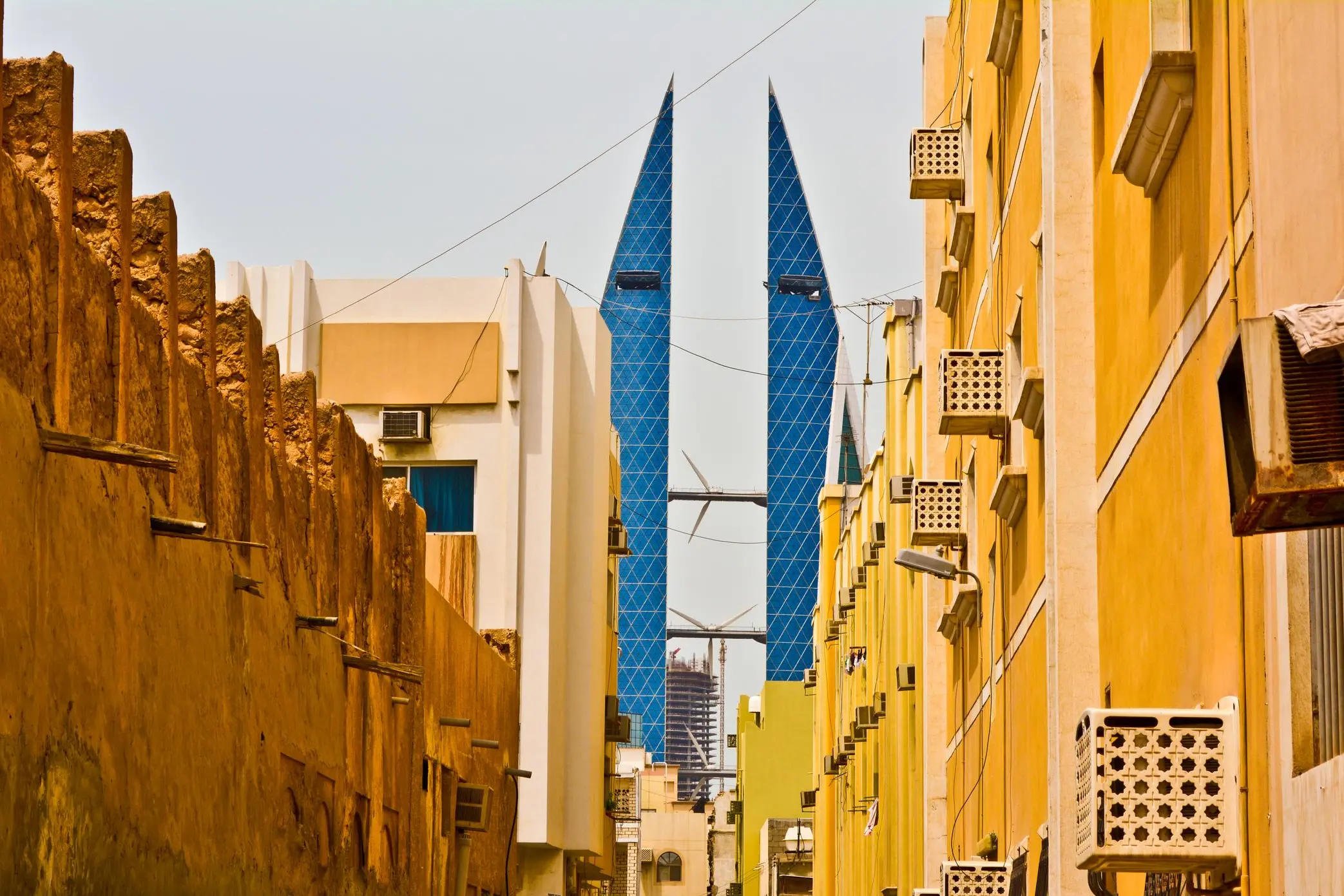PHOTO
Tenants in Bahrain, where villa and apartment rents have declined, continue to hold bargaining power over landlords, said CBRE, a commercial real estate and investment firm.
To attract tenants and avoid high vacancy rates, property owners are now offering incentives, such as lower rates and rent-free periods. At the same time, developers are enticing potential buyers with rent-to-own schemes, as well as attractive payment plans and guaranteed returns, CBRE said in its latest report released on Wednesday.
“Bahrain is increasingly a tenant-led market, with tenants having greater bargaining power and flexibility in negotiating with landlords,” the report said.
“Incentives seen more and more frequently include rental discounts and rent-free introductory offers.”
Market slowdown
Apartment rents in the Gulf state dropped by an average of 2.4 percent in the first quarter of the year compared to the previous quarter. The decline was primarily due to a 2.7 percent price reduction in the mid-end apartment market, according to property consultancy Savills.
Rents for villa properties also posted an average decline of 1.6 percent quarter-on-quarter. Capital values for mid-end properties within the segment fell 2.8 percent, while high-end units dropped slightly by 0.8 percent.
While overall rents are still on a decline, there has been an increase in appetite for new units with bigger outdoor space, as the remote working trend continues. Properties within the affordable category are attracting high interest as well.
“New builds with outdoor space and extensive facilities on site are performing better than those without,” said CBRE.
“The affordable and social housing segments dominate demand [in Bahrain].”
For the rest of the year, CBRE said the residential market will remain the same as in 2020.
“[Bahrain will continue to be a] tenant-led market as [the] market adjusts to increased supply levels. Landlords [are] expected to continue to offer lower rents to be competitive.”
The government of Bahrain looks to diversify its economy through its Economic Vision 2030, launched in 2008. It has successfully rolled out a vaccination drive across the country, with more than 70 percent of the population fully vaccinated as of September 2021.
(Writing by Cleofe Maceda; editing by Seban Scaria)
Disclaimer: This article is provided for informational purposes only. The content does not provide tax, legal or investment advice or opinion regarding the suitability, value or profitability of any particular security, portfolio or investment strategy. Read our full disclaimer policy here.
© ZAWYA 2021





















